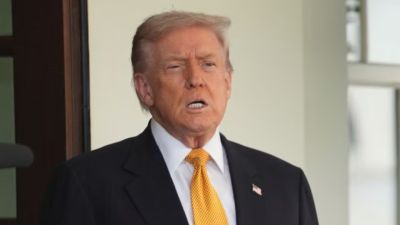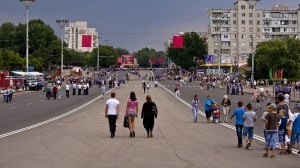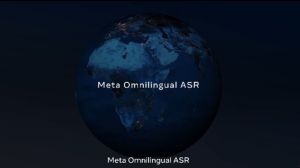Stay updated with the latest - Click here to follow us on Instagram
COP27: Fossil fuel phase-down, loss and damage finance are key markers of success
This time, New Delhi was much better prepared, and turned the tables on the developed countries by calling for a phase-down of all fossil fuels, not just coal.
 Climate activists stage a piece of street theatre on a beach during COP27 to highlight the fact that fossil fuel "Business as Usual" is leading to climate disasters such as sea level rise. (Reuters Photo: Esa Alexander)
Climate activists stage a piece of street theatre on a beach during COP27 to highlight the fact that fossil fuel "Business as Usual" is leading to climate disasters such as sea level rise. (Reuters Photo: Esa Alexander)As the negotiations at the climate change conference moved into the last leg, two issues that were being most keenly tracked — and progress on which is being considered critical for the success of this meeting — were those related to the need to agree on the phase-out of all fossil fuels, and the setting up of a separate finance facility for loss and damage.
There are wide divergences between countries on both these issues. The proposal to agree to phase-out all fossil fuels was put forward by India. It wants this reference included in the final decisions here. Last year, India had been caught off-guard when the final draft decisions included a mention of ‘phase-out’ of coal. It was seen directed at countries like India that continue to rely heavily on coal for electricity generation. India managed to get the reference changed to ‘phase-down’ at the last minute.
This time, however, New Delhi was much better prepared, and turned the tables on the developed countries by calling for a phase-down of all fossil fuels, not just coal. It is difficult to quibble with the argument since all fossil fuels lead to emissions, and therefore, need to be phased-down. But it has left many countries in the same kind of situation that India found itself in last year. India’s proposal has won support from large number of developing countries and even the European Union, which uses large amounts of oil and gas. But the United States is not on board, and neither is China.
Interestingly, a joint statement by BASIC countries, comprising India, China, Brazil and South Africa, did not explicitly support the Indian position on this issue, even though Indian minister Bhupendra Yadav made a mention of it during his meeting with his BASIC counterparts on Tuesday.
The proposal has received a lot of traction among NGOs and observer groups as well, creating a steady momentum for it in the last few days.
Loss and damage has been an old demand from the developing countries and small island states, who want to be compensated for the damages caused by the climate disasters. For years, this issue had lived on the periphery of COP meetings. This year, it was included in COP’s main agenda, which in itself was considered a major progress.
But following it up with a decision to actually set up a finance facility for this purpose is proving to be much tougher. The developed countries want the financial flows for loss and damage to emerge from within existing financial structures, while the developing countries are in favour of a new facility.
But apart from that, there are major differences over who will contribute towards loss and damage finance. The Prime Minister of Antigua and Barbuda had set the cat among the pigeons last week with his comments that large economies like China and India must also contribute money. Not to antagonize the small island states, which are allies on most other issues here, both China and India diplomatically avoided committing themselves to contributing money, without actually saying no.
But the EU threw its weight in favour of the demand of the small island matters, which could result in a major showdown.
“China is one of the biggest economies on the planet, with a lot of financial strength. Why should they not be made co-responsible for funding loss and damage? I fail to see that… In 1992, there was a reasoning behind this, which I can follow, but no longer in 2022,” EU’s climate policy head Frans Timmermans said, explaining why China needed to be treated differently now than when the climate negotiations had first begun.
Timmermans did not mention India by name — he was asked about both India and China — but several other countries, particularly the US, is said to be in favour of these two countries, and a few others contributing to the proposed finance mechanism.
Several other issues have also been contentious, and remain part of big tussles. Among them is the proposal to further raise the ambition of mitigation actions, since the current actions are not adequate to prevent the global temperatures from rising beyond 1.5 degree Celsius beyond pre-industrial times.
Ambassador Wael Aboulmagd, special representative to COP27 president, said right now every issue was important, and needed to be moved forward.
“As we have said earlier as well, this presidency does not believe in prioritizing (issues). That is a luxury that none of us have. Every issue is important, as demonstrated by fact, and science which has been telling us where we lag behind in mitigation action, in adaptation action, and most importantly on support (finance and technology). Today, I read an interesting quote from an official which said something like ‘ambition without support is the fastest way to nowhwere’. And I think he was right,” Aboulmagd said.
The first draft agreement texts are expected to start appearing on Thursday. Over the next two days, negotiations are expected to continue day and night to look for common grounds and acceptable solutions.





- 01
- 02
- 03
- 04
- 05


























